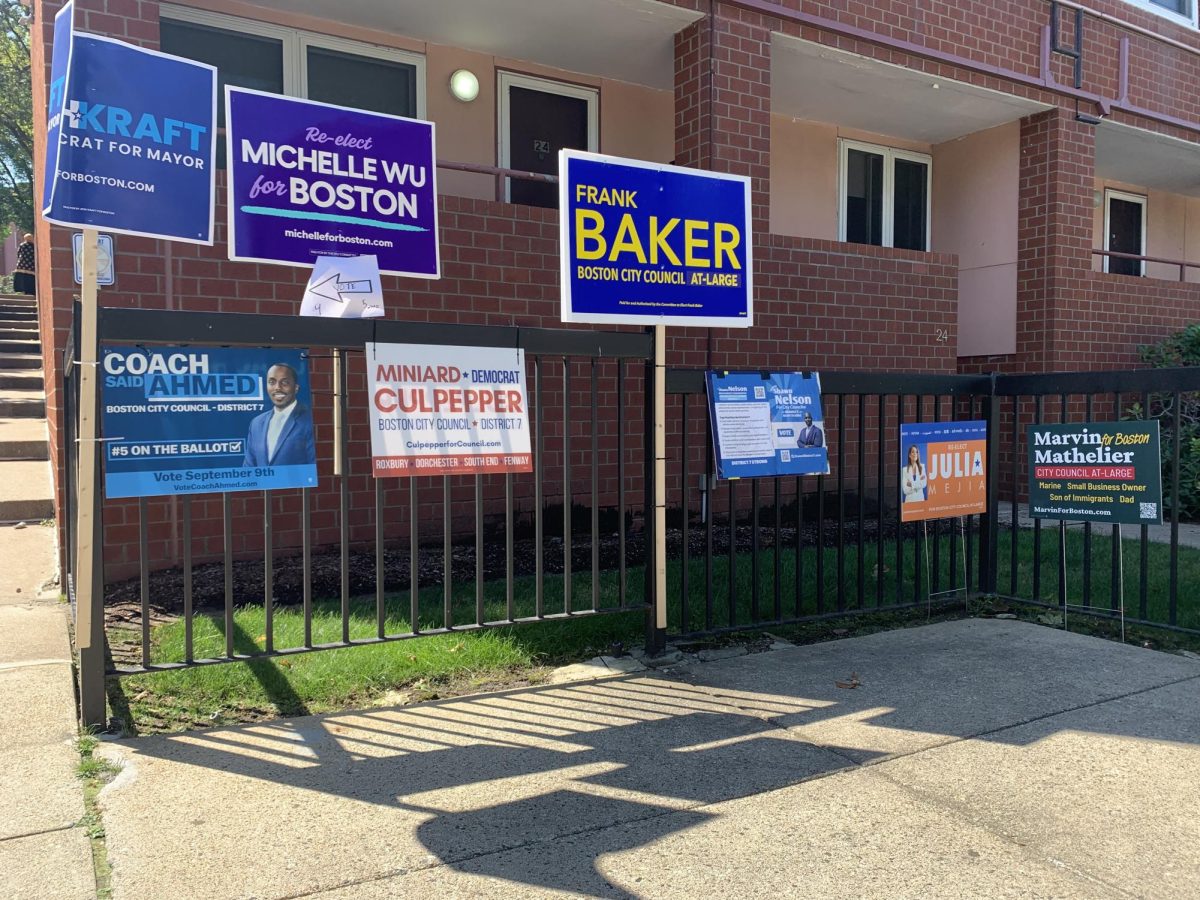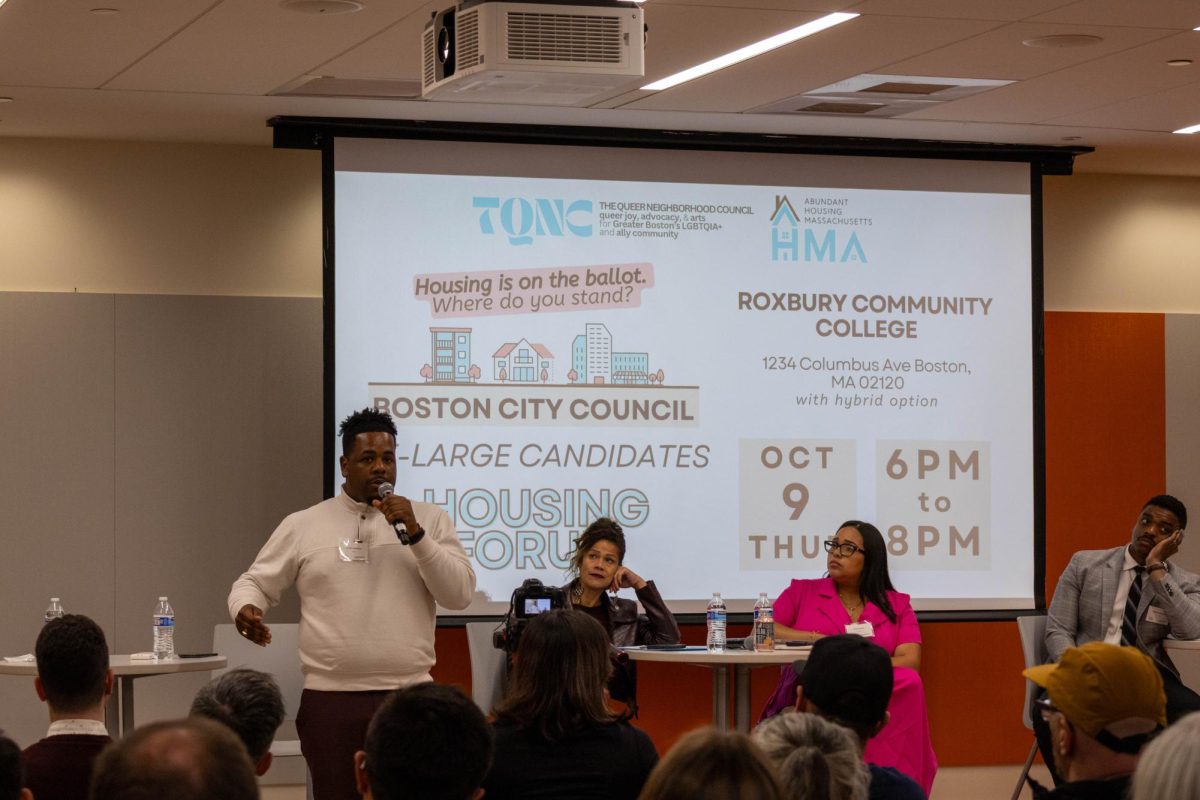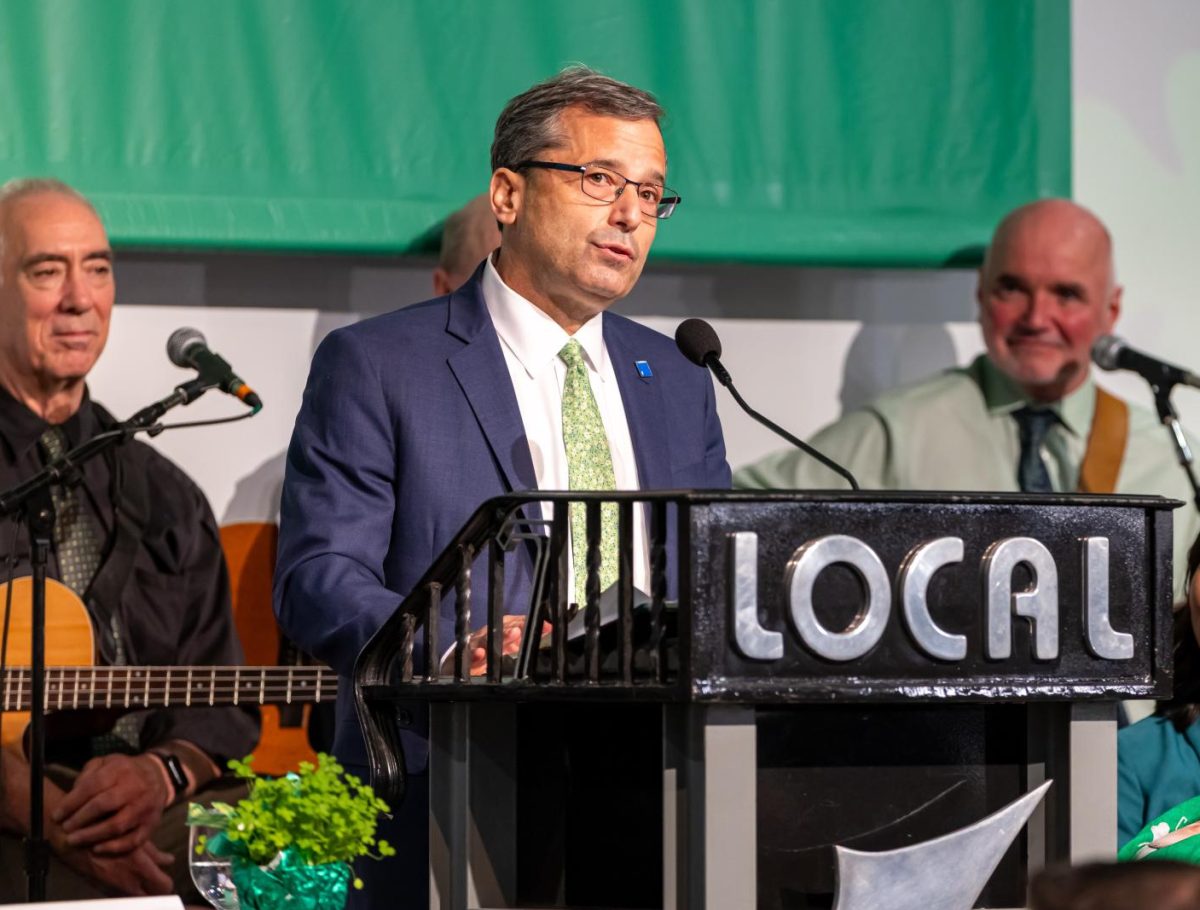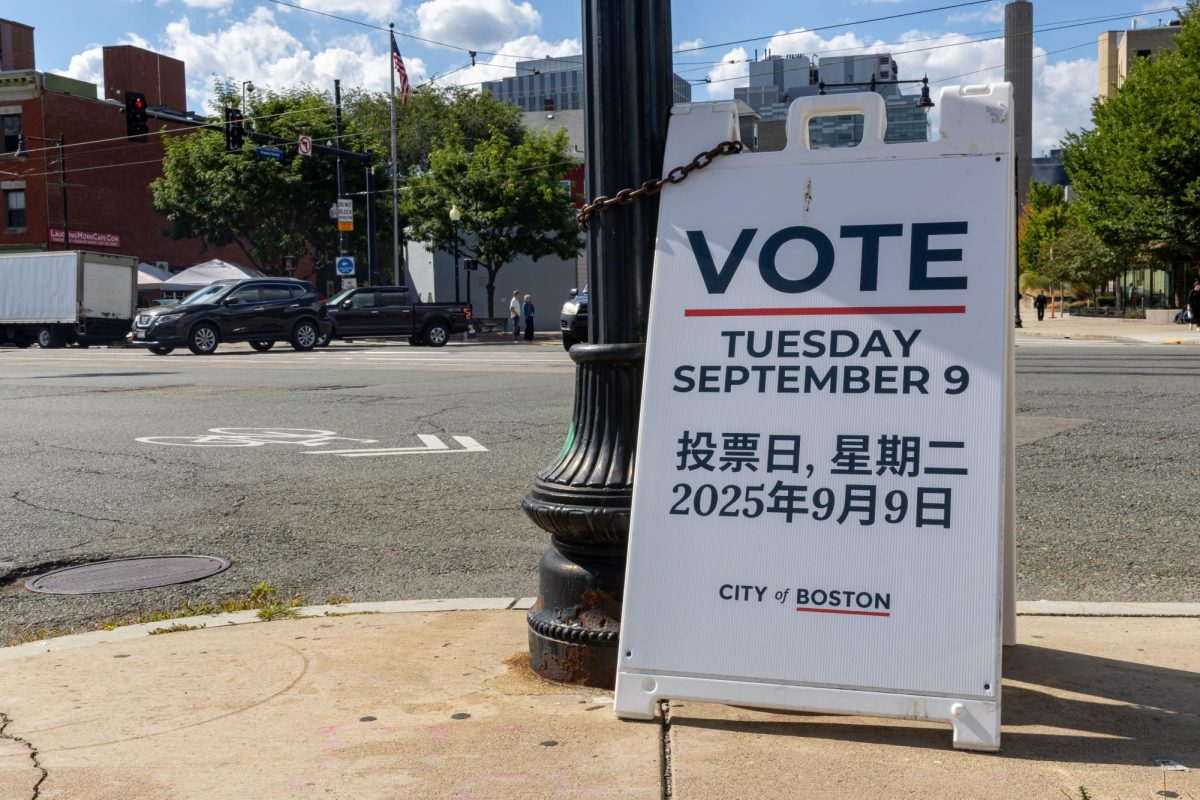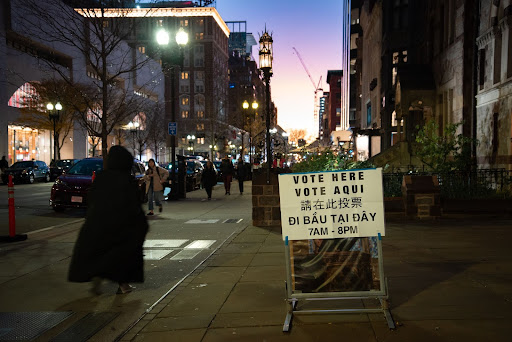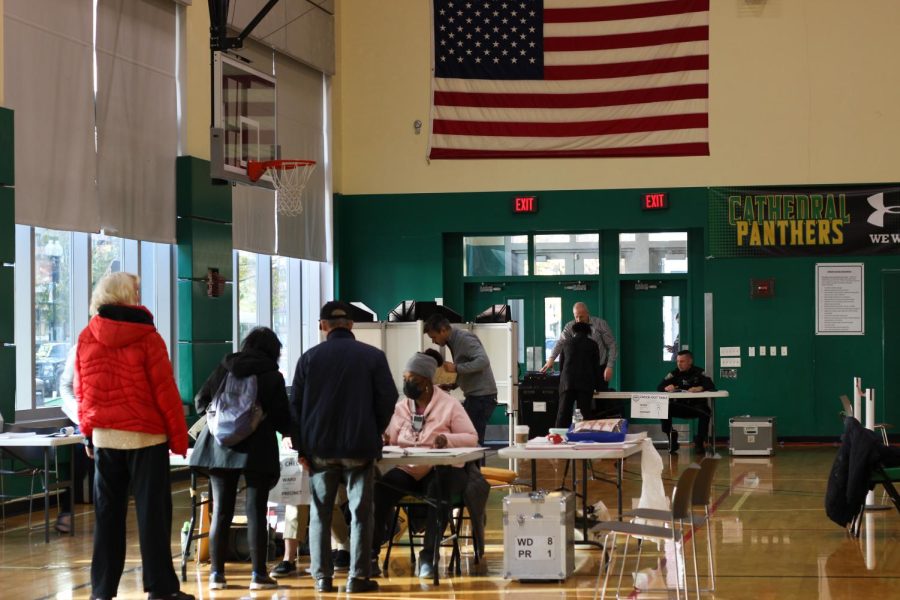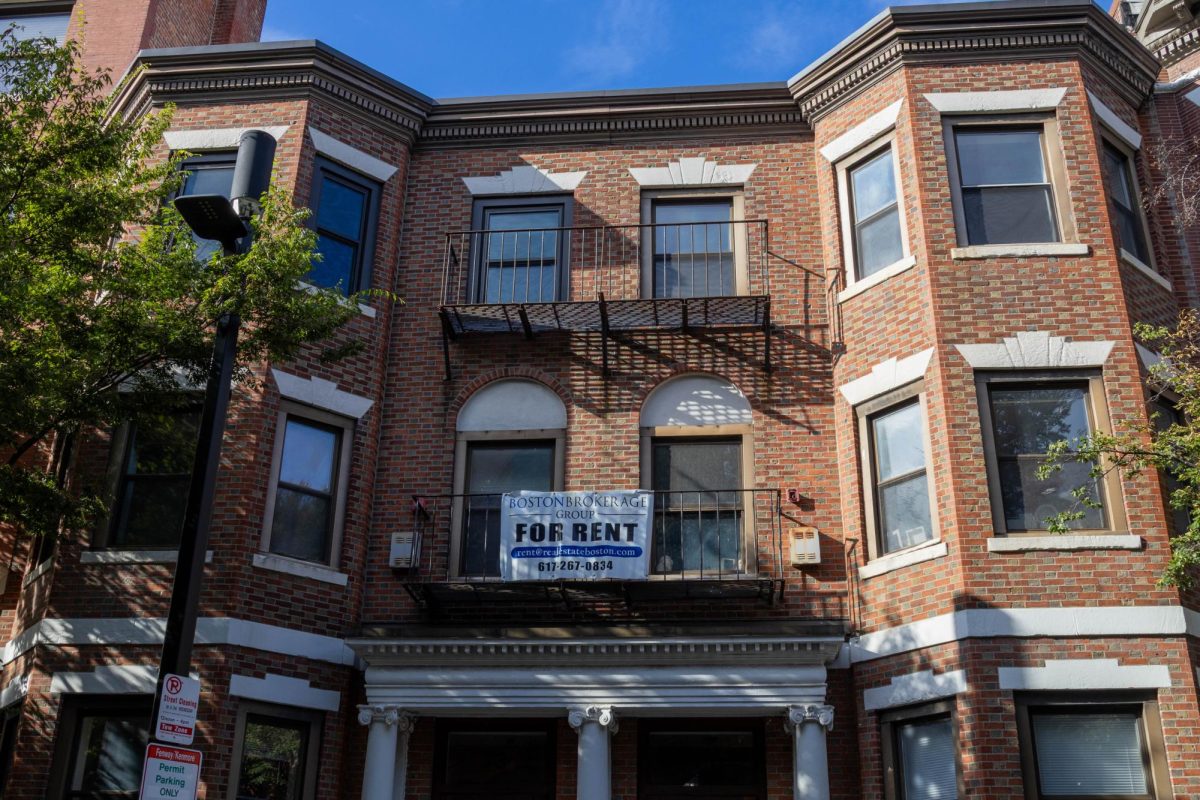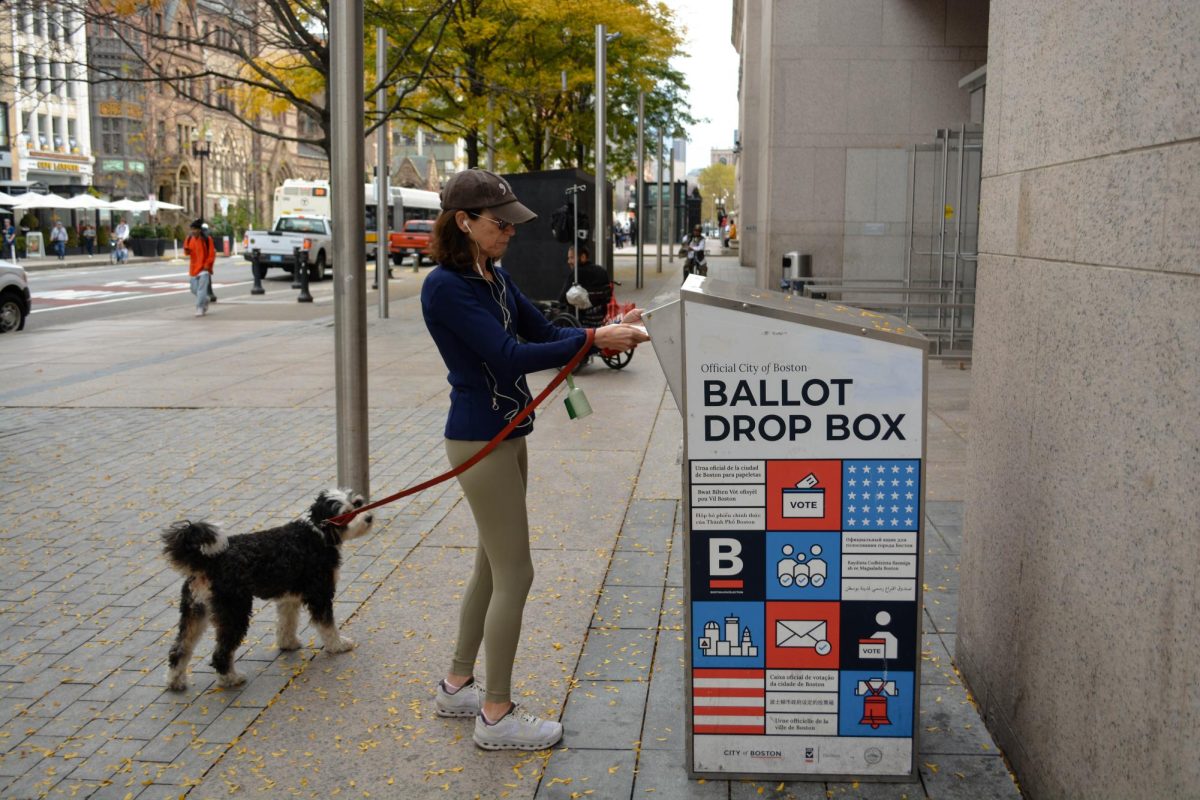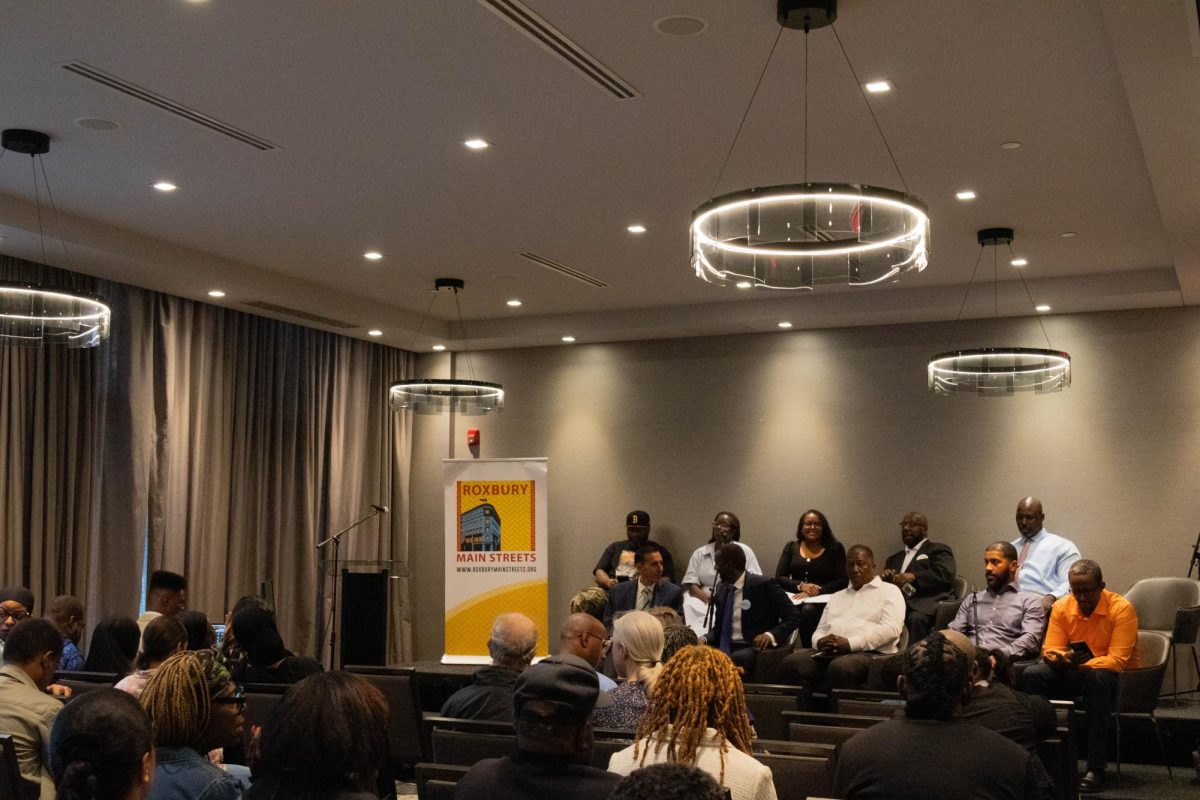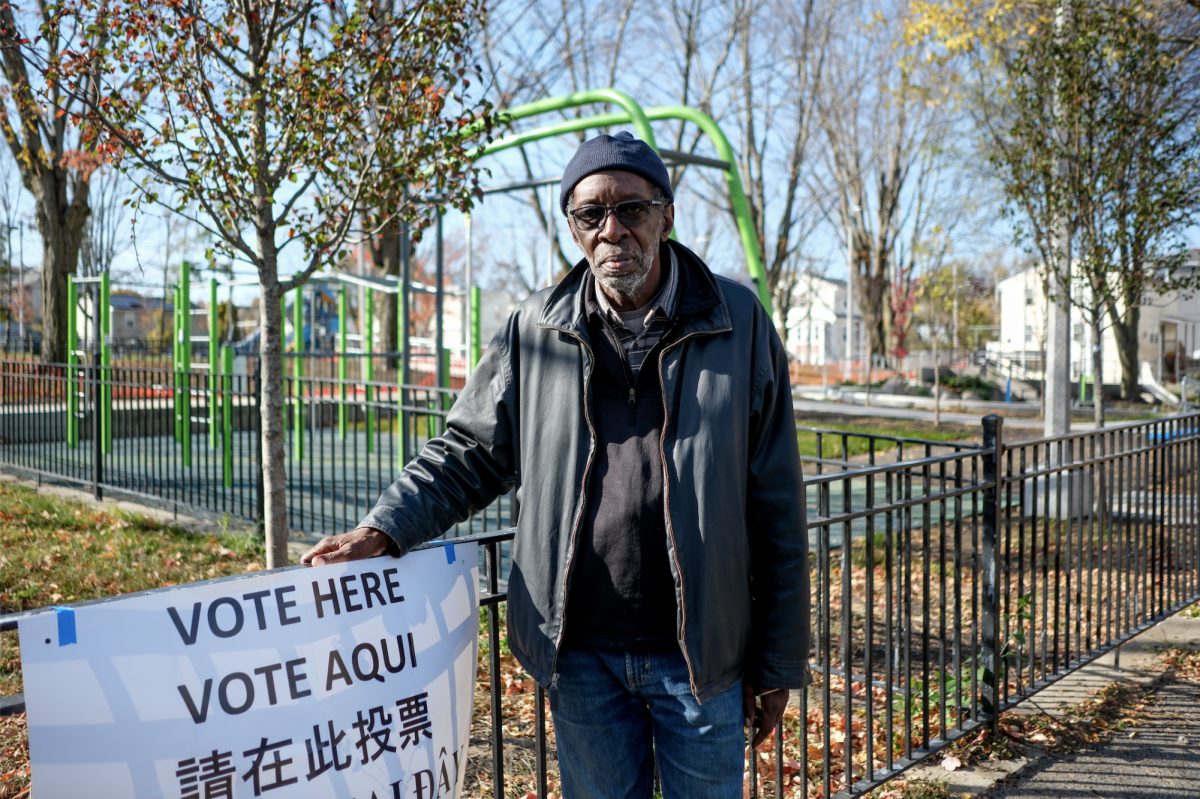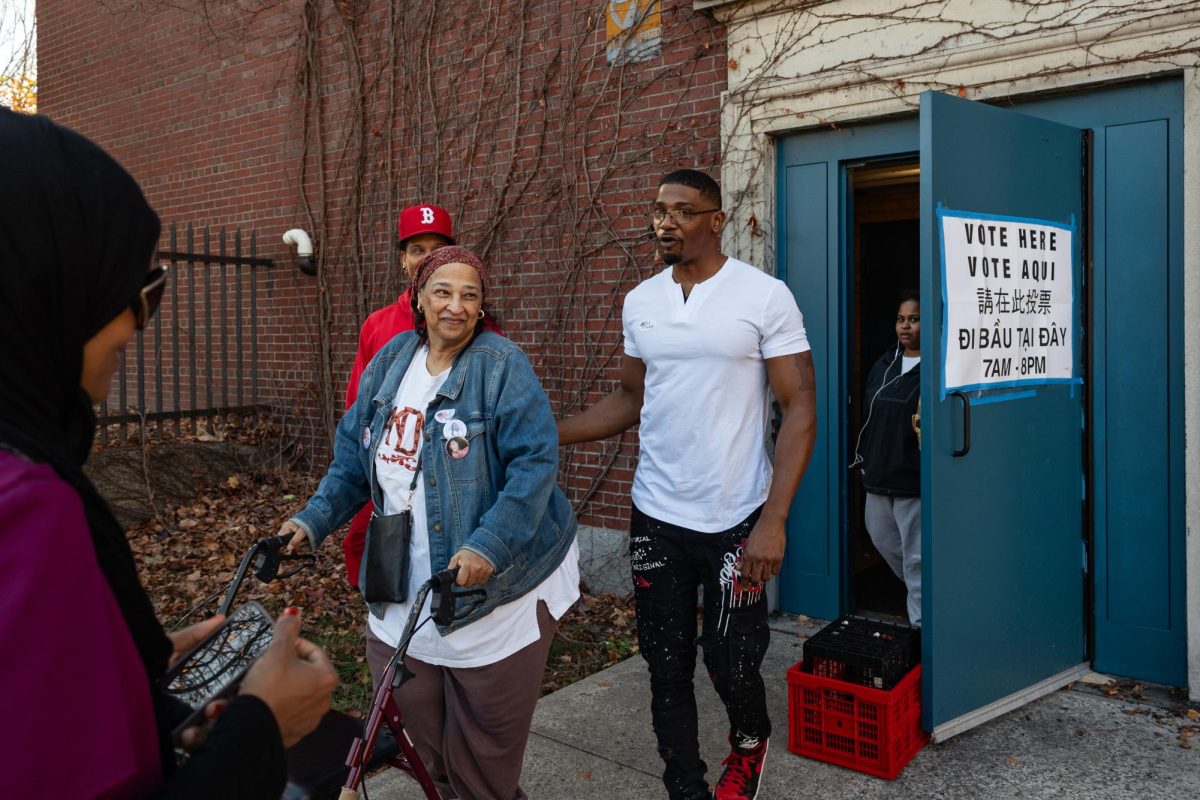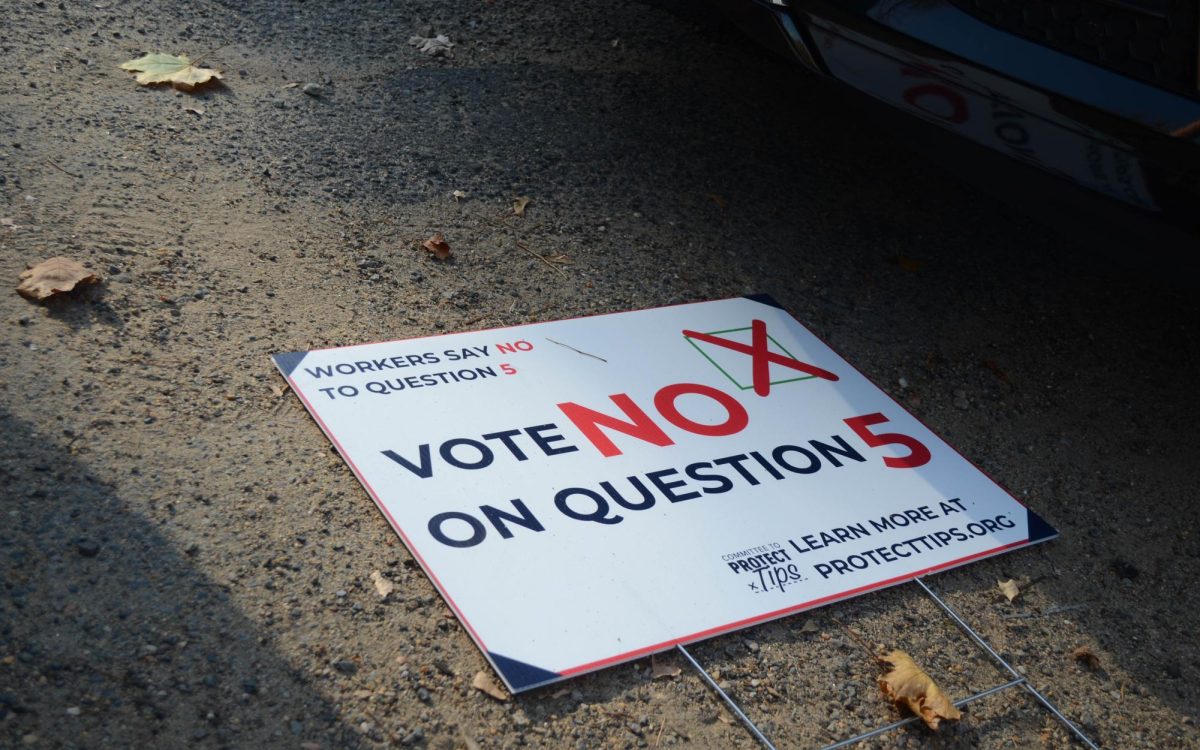The initial results of Boston’s preliminary election remain the same after the city recounted votes for the much-contested City Council District 7 City last weekend. The recount came after the third-place candidate, Mavrick Afonso, lost by a razor-thin margin of 17 votes to Rev. Miniard Culpepper and filed a request with the city on Sept. 15. Post-recount, the difference was found to be 25 votes.
Initial winners Said “Coach” Ahmed and Culpepper will still be advancing to the general election in November.
In August, The Scope sent out a questionnaire to all the District 7 candidates. To learn more about their stances on crucial issues like housing, check out the following excerpts from Ahmed’s response to The Scope, and excerpts from Culpepper’s response to a similar questionnaire from Progressive Mass. (After multiple requests, Culpepper did not provide The Scope with a response.) Since each candidate responded to a different questionnaire, the questions vary. Ahmed’s complete responses to The Scope’s questionnaire can be found here.
Said “Coach” Ahmed
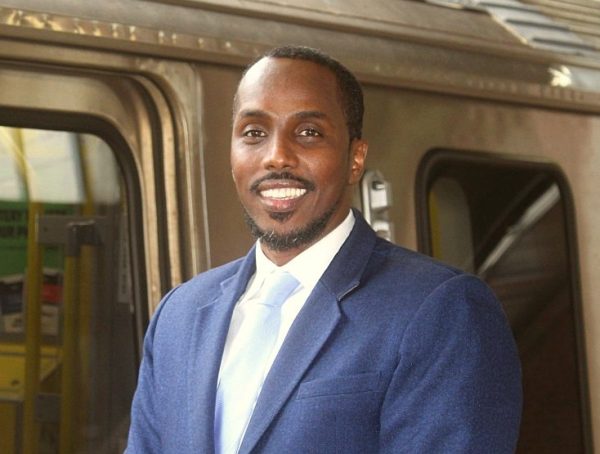
Please tell our readers at The Scope a bit about yourself.
I came to Roxbury as a 12-year-old refugee, after moving from camp to camp during civil war. This community gave me a home and a second chance at life, and I have spent the decades since giving back. For over 15 years, I taught and mentored students in Boston Public Schools, shaping young lives in the classroom and beyond. I also served as a lecturer at Harvard University, and I am the proud co-founder and coach of Boston United Track & Cross Country, the only free track program in Boston. For more than a decade, that program has helped hundreds of youth discover their potential, both on and off the track. Most importantly, I am a father of five and a proud Roxbury resident. I know firsthand the struggles and the strengths of our neighborhood, whether it is families working to afford housing, young people looking for opportunities, or elders who deserve to age with dignity. My life’s work has been rooted in educating our youth and uplifting our community. I am running for City Council because I believe District 7 deserves affordable housing, safe streets, strong schools, and opportunities for every family to thrive.
Why did you decide to run for Boston City Council?
I was built by this community and I am running for this community. It hurts me to see the neighbors I grew up with priced out of the neighborhoods they have always called home. It is painful to watch our students try to learn in schools that don’t give them what they deserve, and it is devastating to see our youth caught up in street violence instead of opportunity. I know when we come together, we can lift each other up. I am running to make sure every family can stay rooted here, raise their children here, and build a future here with housing we can afford, safe streets, and great schools. Together, we can make District 7 a place where everyone has the chance to thrive.
What is the biggest issue facing the City of Boston right now?
The biggest issue I see facing Boston right now is the housing crisis. Too many of our neighbors are being priced out, and families who have been here for generations are struggling to stay rooted in the communities they love. That is why we need to take real action by bringing back rent control to keep families stable, investing in community land trusts so neighborhoods have a real voice in development, building more housing that our communities can truly afford, and creating real pathways to homeownership for young families trying to build their future here in District 7. At the same time, we must support our homeless neighbors with the services they need. Housing is the foundation of a healthy community, without it we will not have safe streets, strong schools, and thriving businesses. This is about keeping our community whole and making sure Roxbury, Dorchester, Fenway, and the South End remain places where every family has the chance to thrive.
Housing has been an issue in Boston for years now. What role should the City Council play in addressing it?
Housing has been an issue in Boston for years, and the City Council needs to take a much stronger role in addressing it. We can not just sit back while our communities are crushed by the weight of ever skyrocketing housing costs. The Council should be leading on policies that keep families in their homes: rent control, expanding community land trusts, and building as much truly affordable housing that meets the needs of this crisis. At its core, the City Council’s role is to be the voice of the community and to make sure the people most impacted by the housing crisis are the ones shaping the solutions. That means standing up to powerful interests and always putting the needs of our residents first.
Rev. Miniard Culpepper
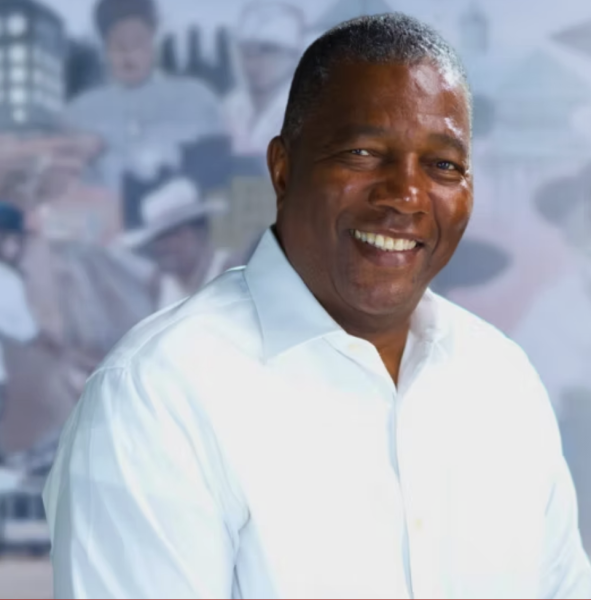
Excerpted from Progressive Mass
What qualifies you to hold this office?
I’ve spent my life fighting for justice, equity, and opportunity—on the streets, in the courtroom, and inside government. As Regional Counsel for HUD, I led major civil rights cases to protect Boston families from housing discrimination, secured $25 million in redevelopment funds for public housing, and helped design one of the nation’s first Civil Rights Protection Plans. As a lifelong pastor, I’ve worked directly with families in crisis, created mentorship and job programs for youth, and led grassroots efforts to feed and vaccinate our community during the pandemic. I grew up in Dorchester, raised my family here, and have never stopped fighting for our neighborhoods. I know how systems work—and how to change them. I’m running for City Council to bring deep experience, moral clarity, and the voice of the people into every decision made at City Hall.
What would be your top three priorities if elected to serve?
If elected, my top three priorities will be housing justice, economic equity, and community safety rooted in prevention. First, I’ll fight to expand deeply affordable housing, create real pathways to homeownership, and pass rent stabilization to prevent displacement. Housing is a human right—and no one should be pushed out of the city they helped Build. Second, I’ll work to close Boston’s racial wealth gap by increasing access to city contracts for minority-owned businesses, investing in youth employment, and ensuring working families have real opportunities to build wealth and stability. Third, I’ll push for a public safety strategy that prioritizes violence prevention, mental health resources, and community-led solutions—not just policing. I’ve seen the power of mentorship and investment in our youth, and I know we can build safer neighborhoods by addressing root causes. These priorities reflect my life’s work—and I’m ready to bring that fight to City Hall.
What do you see as the role of the City Council in our strong-mayor system?
In a strong-mayor system, the City Council plays a vital role as both a check on executive power and a voice for the people. The Council must hold the administration accountable, ensure transparency, and shape policy through legislation and budget oversight. But it’s not just about balance—it’s about advocacy. Councilors are closest to the community. We hear directly from residents about what’s working and what’s not, and it’s our job to bring those voices into City Hall. Whether it’s fighting for housing, schools, or public safety, the Council must lead with moral clarity and community-first values. I’ve spent my career navigating government systems to get results for families. As a Councilor, I’ll use that experience to push for equity, challenge injustice, and work with—but not for—the mayor to make sure Boston works for all of us.
How would you expand affordable housing in Boston and ensure development without displacement?
Expanding affordable housing while preventing displacement is one of the most urgent challenges facing Boston—and it’s personal to me. I’ve spent decades fighting for housing justice, from suing the Boston Housing Authority for discrimination to helping design HUD programs that turned tenants into homeowners. If elected, I’ll push for real rent stabilization, stronger tenant protections, and deep investment in income-restricted housing—especially for families earning below 30% of the area median income. I’ll also advocate for policies like the Tenant Opportunity to Purchase Act (TOPA), giving renters the first right to buy their homes if they go up for sale, and support community land trusts that keep housing permanently affordable. Development should reflect the needs of the people who live here—not push them out. That means centering community voices in planning, holding developers accountable for affordability, and using public land for public good. We can build without displacement—if we lead with equity.


